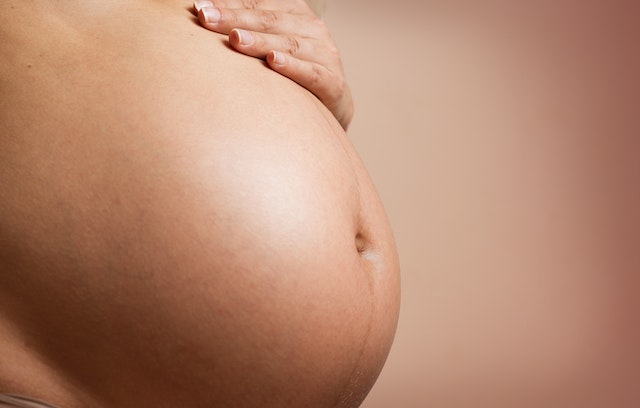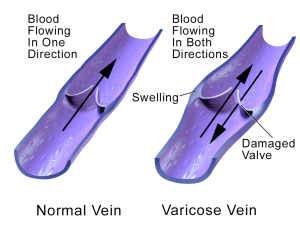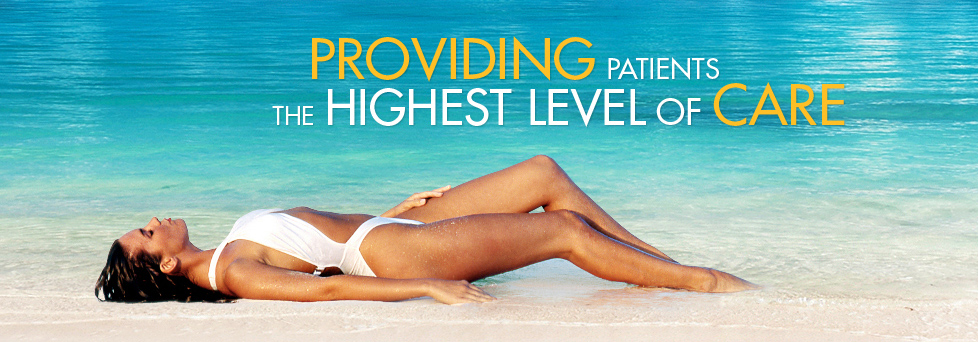Is there a connection between pregnancy and varicose veins? Pregnancy is a time of great change in a woman’s body, and those changes can include an increased risk of varicose veins. Varicose veins are a common condition that occurs when the veins in the legs become enlarged and twisted. During pregnancy, the growing uterus puts pressure on the veins in the pelvis and legs, increasing the risk of varicose veins. If you’re pregnant or planning to become pregnant, here’s what you need to know about preventing varicose veins.

Understanding Varicose Veins During Pregnancy
Varicose veins are a common condition that affects millions of people around the world. During pregnancy, the body undergoes significant changes that can increase the risk of developing varicose veins. These changes include:
Hormonal changes
Hormonal changes during pregnancy can cause the walls of the veins to relax, making them more prone to swelling and twisting.
Increased blood volume
During pregnancy, the body produces more blood to support the growing fetus. This increased blood volume can put extra pressure on the veins and increase the risk of varicose veins.
Increased pressure on the veins
As the uterus grows, it puts pressure on the veins in the pelvis and legs, increasing the risk of varicose veins.
Preventing Varicose Veins During Pregnancy
Fortunately, there are several things you can do to reduce your risk of developing varicose veins during pregnancy, including:
Exercise regularly
Regular exercise can improve circulation and reduce the risk of varicose veins. Walking, swimming, and yoga are all great options for pregnant women.
Wear compression stockings
Compression stockings can help improve circulation in the legs and reduce the risk of varicose veins.
Elevate your legs
Elevating your legs above heart level can help reduce swelling and improve blood flow.
Avoid sitting or standing for long periods of time
Sitting or standing for long periods of time can put extra pressure on the veins and increase the risk of varicose veins. Take frequent breaks to walk around and stretch your legs.
Maintain a healthy weight
Being overweight or obese can put extra pressure on the veins and increase the risk of varicose veins.
When to Seek Treatment
 In most cases, varicose veins that develop during pregnancy will improve on their own after delivery. However, in some cases, varicose veins can cause pain, discomfort, and other complications. If you’re experiencing any of the following symptoms, it’s important to seek medical attention:
In most cases, varicose veins that develop during pregnancy will improve on their own after delivery. However, in some cases, varicose veins can cause pain, discomfort, and other complications. If you’re experiencing any of the following symptoms, it’s important to seek medical attention:
- Severe pain or swelling in the legs
- Redness or warmth in the affected area
- Hardening of the vein
- Open sores or ulcers on the skin near the varicose vein
Contact Dr. Norman Chideckel for Varicose Vein Treatment in New York City
If you’re pregnant or planning to become pregnant and are concerned about varicose veins, Dr. Norman Chideckel of the Vascular Surgery & Vein Center in New York City can help. With years of experience in the field of vascular surgery, Dr. Chideckel offers a wide range of minimally invasive treatments for varicose veins, including compression stockings, lifestyle changes, and surgery.
To schedule a consultation with Dr. Chideckel, call the Vascular Surgery & Vein Center at 212-993-6133 or visit our office at 108 East 96th Street, New York, NY 10128. Take the first step toward preventing and treating varicose veins caused by your pregnancy.

